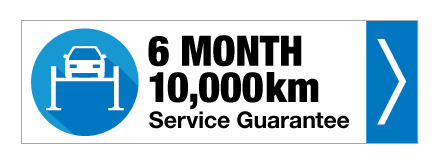When it comes to vehicle maintenance, wheel balancing often gets overlooked, but it plays a critical role in ensuring a smooth, safe and cost-effective drive. Whether you’re heading down the highway or navigating tight city streets, unbalanced wheels can lead to unnecessary tyre wear, uncomfortable vibrations, and even long-term damage to your vehicle’s suspension system.
What Is Wheel Balancing?
Wheel balancing involves correcting the distribution of weight around a vehicle’s wheels and tyres. Over time, tyres wear unevenly or may lose their original weight distribution due to potholes, kerbs, or even routine driving. During a wheel balance, small counterweights are added to the wheel to even out these imperfections.
This ensures that the wheel rotates evenly and doesn’t cause vibrations through the steering wheel, floor, or seat.
Signs Your Wheels May Be Unbalanced
If you’ve experienced any of the following, it might be time to have your wheels checked:
- Vibrations through the steering wheel or seat, especially at higher speeds
- Uneven or rapid tyre wear
- Poor fuel economy
- Increased road noise
- Steering problems or feeling like your car is pulling to one side
These issues might not seem urgent at first, but neglecting them can lead to higher repair costs and safety concerns down the track.
Why Wheel Balancing Matters
- Improves Driving Comfort
A balanced set of wheels delivers a smoother, more comfortable ride. You’ll notice less vibration and better handling, particularly at highway speeds. - Extends Tyre Life
Unbalanced wheels put uneven pressure on tyres, leading to premature wear. Regular wheel balancing helps maximise tyre lifespan and reduces the frequency of costly replacements. - Protects Suspension Components
Vibrations from unbalanced wheels can place extra strain on your suspension, including shocks and bearings. Over time, this can cause unnecessary wear and tear or even damage. - Boosts Fuel Efficiency
An unbalanced tyre can cause your vehicle to work harder, using more fuel. Keeping your wheels balanced helps your car operate more efficiently — saving you money at the pump. - Enhances Safety
Unbalanced wheels may cause your car to handle unpredictably, especially when braking or cornering. Regular checks and balancing contribute to safer driving conditions for you and your passengers.
How Often Should You Get Your Wheels Balanced?
It’s generally recommended to get your wheels balanced every 10,000 to 15,000 km, or whenever you have tyres rotated, replaced, or repaired. You should also have them checked if you hit a pothole, kerb or notice any of the signs mentioned above.



